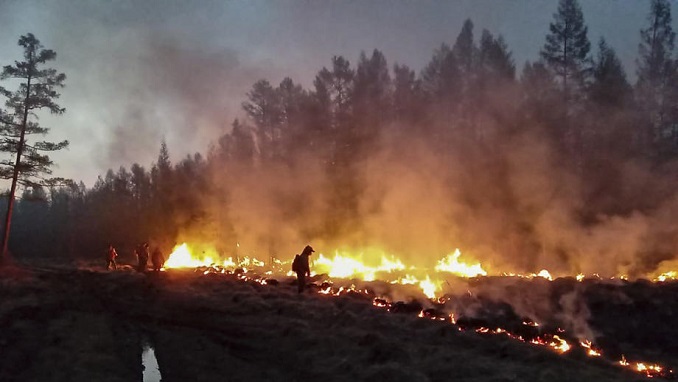The Xenos Company, a resident of the Yakutia Technopark, will breed colonies of wild mites to control pests of agricultural crops in the changing Arctic climate, according to Yevgeny Popov, the company’s director general and a postgraduate at the Safronov Yakut Scientific Research Institute of Agriculture, TASS reports.
“We’re raising wild mites to use as pest management. We have been registering agricultural pests that are unusual for the region in Yakutia as a result of climate change. We’re talking about spider mites and locusts in particular. The pest-controlling mites will be introduced into the confined ground.”
“On average, one female mite may consume up to 20 bugs each day,” he explained, adding that the business has already acquired the first shipment of mites and is preparing for their reproduction.
Yevgeny Popov made the decision to structure the firm in 2020. Two biologists and one ecologist make up the team. They were awarded a grant from the Small Business Development Fund for Science and Technology. Evgeny Popov, who works on the Xenos projects, was named the outstanding innovator at the annual Sakha Innovation 2021 show.
Furthermore, the Yakut business is developing portable mini-stations where zophobas morio insects can recycle plastics. The stations may be installed both at home and at work. Glass cages with beetles are on display at the IT Park in downtown Yakutsk. The biotechnology specialists encourage the culture of environmentally responsible thinking, as well as Russia’s Year of Science and Technology.
The overall goal of the research is to develop a system that breaks down plastics without the use of insects. During the study, the researchers discovered that zophobas morio beetles can ingest and digest plastics. After processing, the material generated by beetles is entirely organic. This implies that plastics will no longer hurt the environment in the future, and processing time and prices will only decrease.
“We intend to sell our cartons for 5,000 to 6,000 rubles ($68-82).”
Pre-orders have come in not just from Yakutia, but also from other areas and nations. These boxes reduce the amount of plastics used. Mini stations are simple to operate.
RELATED ARTICLES
ABOUT US
Eurasia News Now is an independent daily news website focused on key political, economic, and environmental issues in Eurasia, produced by journalists and subject-matter experts in the region and around the world.
Contact us: info@eurasianewsnow.com
Eurasia News Now©



